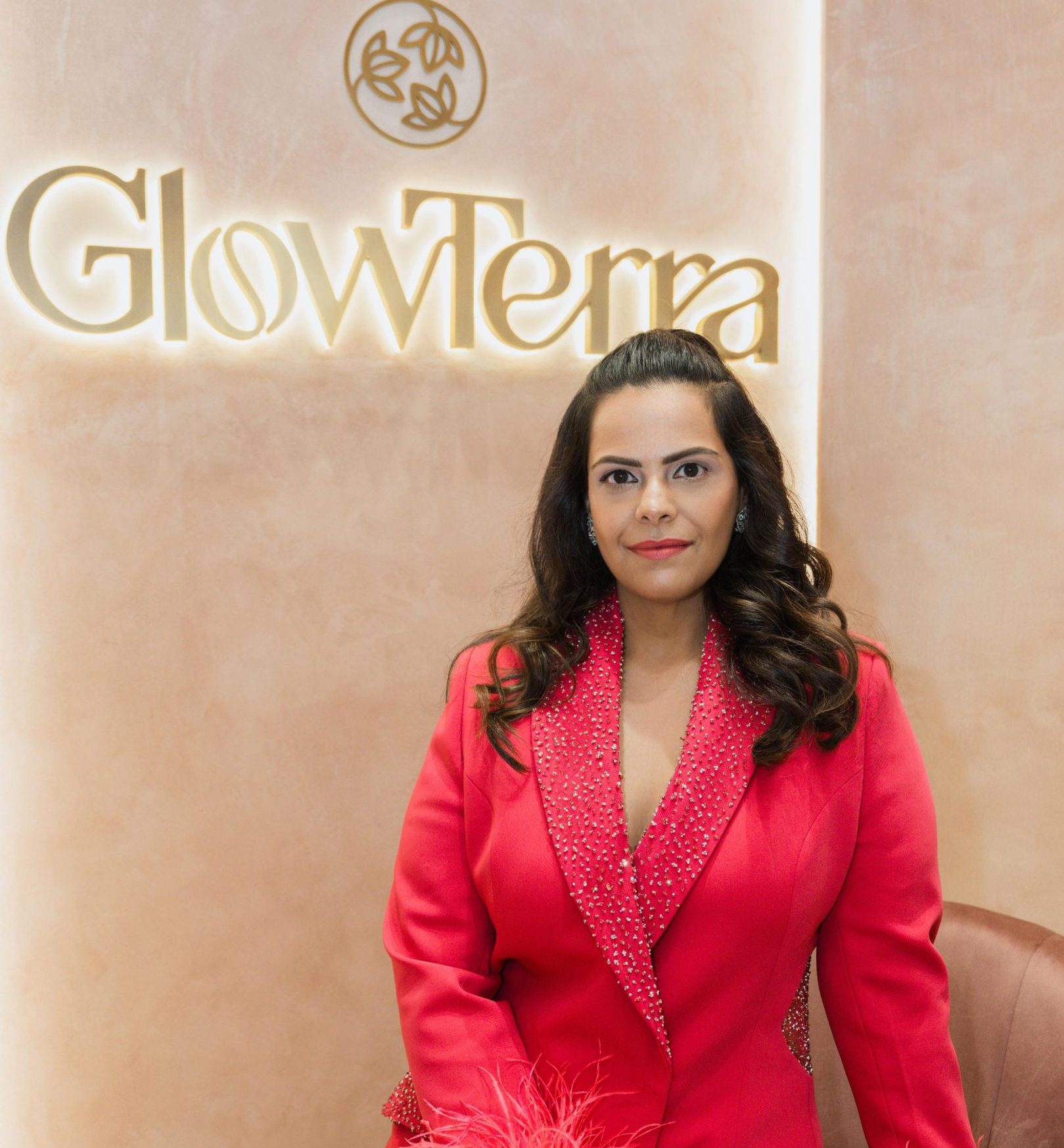For most of the last century, growth was defined by scale; often at the expense of simplicity and authenticity. What was once simple, natural, and pure was reimagined to serve mass markets. For instance, the humble potato became fries, chips, and heavily processed snacks. Tobacco, once chewed or smoked in small quantities, was industrialized into cigarettes, marketed with glamour despite clear harm. Even medicine, once rooted in plants and herbs, was often re-engineered for mass production, sometimes with hidden side effects.
It wasn’t born of malice but of momentum, with a belief that progress meant faster, cheaper, and more accessible. Capitalism, particularly in its post-industrial form, rewarded scale, efficiency, and marketing prowess. But somewhere along the way, the pursuit of more began to erode the value of better. Convenience and accessibility often won over quality, and consumers, lacking information or alternatives, blindly accepted the trade-off. Growth was therefore measured in numbers, not in purity, ethics, or long-term trust.
Today, that story is being rewritten. Awareness has grown. Discretion has returned. Today, customers are asking questions that weren’t asked fifty years ago: Where does this come from? What’s in it? Who made it? And, increasingly, they choose to reward businesses that answer with transparency, integrity, and care.
This shift is creating a new kind of capitalism: one where doing good is no longer a nice to have, but a driver of growth. Brands that prioritize ethics, authenticity, and safety are no longer niche players, they are setting the standards for success. In other words, purity is profitable again.
Take the beauty industry as an example. For decades, mainstream products prioritized glamour and mass appeal over ingredients or safety. Fragrances, colorants, and chemical preservatives were everywhere. Many products were sold with bold promises by celebrities, but little transparency. Today, a growing wave of consumers is refusing to compromise. They are scrutinizing labels, researching ingredients, and gravitating toward brands that guarantee authenticity. And in this environment, retailers who put integrity first are thriving.
GlowTerra Clean Beauty, the Middle East’s first all-clean beauty retailer, is one such example. From day one, its focus has been on purity, from authentic products, clean ingredients, and transparent sourcing. A business built not just to sell, but to educate, to empower customers to make informed choices, and to create a marketplace where integrity drives value. It’s not the easiest path, and growth is measured differently than in conventional retail. But the reward is deeper: trust, loyalty, and a community of consumers who care about what they put on their bodies as much as what they put in them.
This principle is not limited to beauty. Across industries, the businesses that succeed today are those that align with the rising expectations of customers. Whether it’s food, wellness, fashion, or technology, authenticity and ethical practices are no longer optional; they are differentiators that fuel sustainable growth.
The lesson for entrepreneurs is clear: the market is changing. The fastest way to scale may still involve shortcuts, but the businesses that last and thrive are those that stay true to their principles. Doing good is not just morally right; it’s commercially smart. The same forces that allowed purity to be compromised for a century are now empowering the return of real, honest, and conscious business. And for those who embrace it, the upside is enormous.
The story is cyclical, but this time, it’s different. Capitalism has always been about incentives, what we reward is what grows. For fifty years, the market rewarded speed over quality, quantity over care. Today, it is rewarding honesty, transparency, and purpose. Consumers are smarter, more informed, and more deliberate than ever. Businesses that recognize this and act accordingly aren’t just catching a trend, they’re shaping the next era of commerce.
In the end, the message is simple: the businesses that do good will prosper. They will earn trust, loyalty, and longevity, not by compromise, but by conviction. The future belongs to the real, the authentic, and the principled. And for anyone building a company today, that is both a challenge and an opportunity worth seizing.

